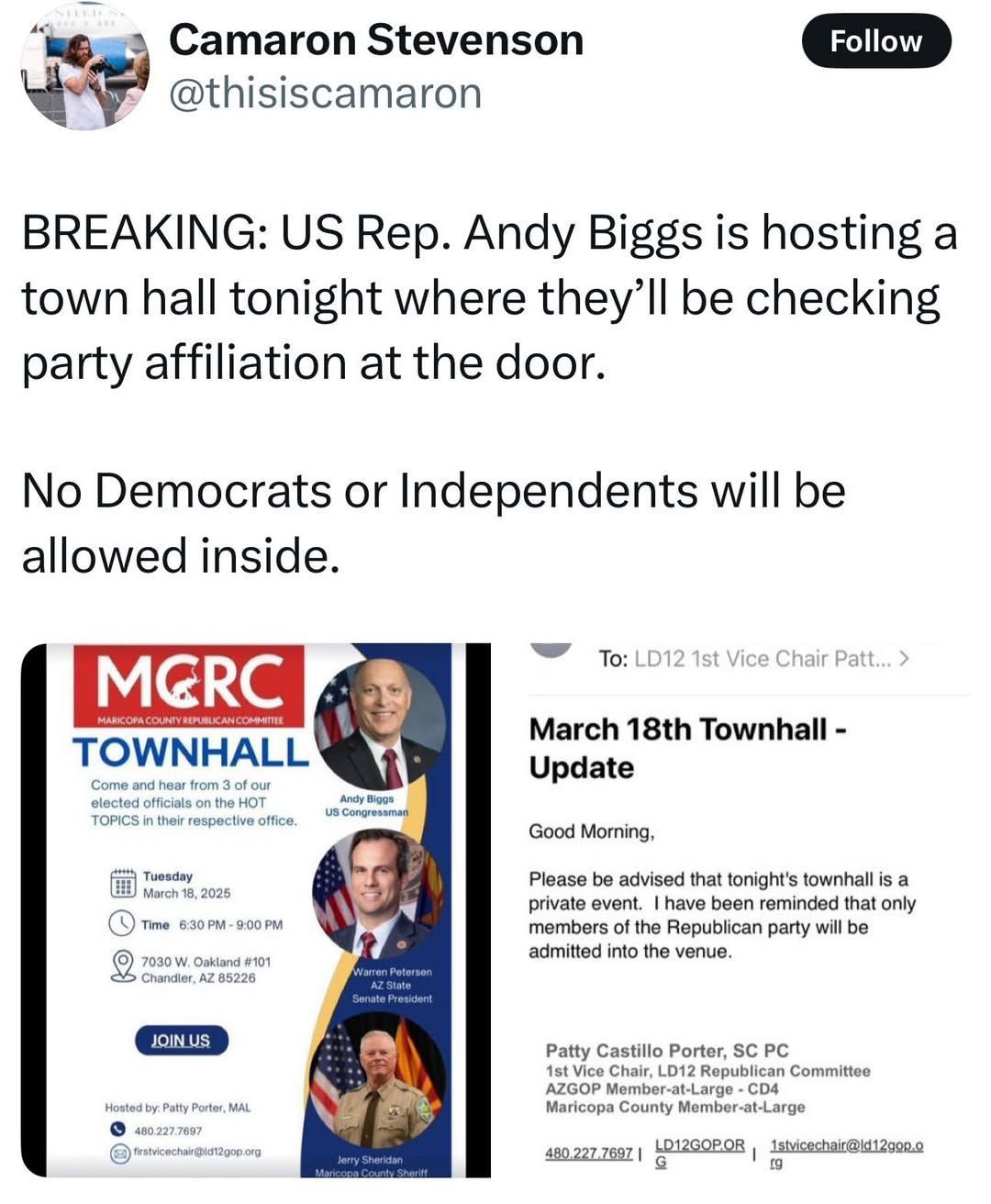Floridians with disabilities could lose important protections. Here’s why
In April 1977, hundreds of persons with disabilities descended on federal offices in eleven U.S. cities to protest the federal government’s failure to sign the enabling legislation of Section 504 of the 1973 Vocational Rehabilitation Act.
Section 504 was a landmark piece of legislation, giving equal protection under the law for persons with disabilities. Yet, without the regulations being signed into law, it could not be implemented. Tired of waiting for presidential action, people with disabilities took measures into their own hands and occupied federal offices in cities around the country. Most lasted a few days, but the San Francisco occupation lasted weeks, the longest take-over of federal office space in American history.
In Washington D.C. demonstrators picketed the suburban Maryland home of U.S. Health, Education, and Welfare secretary Joseph Califano, demanding “Sign or Resign.” Finally, on April 28, yielding to the demonstrators and public pressure, Califano signed the legislation.
504 was the most significant piece of legislation regarding persons with disabilities signed up to that date and it set the stage for the passage of the Americans with Disabilities Act (ADA) in July 1990. Just as important, the coordinated activism of the demonstrators showed that individuals with a wide range of disabling conditions, from physical disabilities to blindness, from hearing impairments to mental illness, could work together for the common cause of improving their lives. Their slogan, “Nothing about Us, Without Us,” helped to reshape American society in both large and small ways.
Curb cuts, entrance ramps, handicapped parking spaces, inclusive classroom settings — all have become routinized parts of American life, benefitting not only those with disabilities, but all Americans. People with disabilities have become part of American society, no longer unseen in public spaces or relegated to back wards of institutions, now able to participate as full-fledged citizens. This is because of the advocacy and direct action of persons with disabilities and their allies. They have had to remain constantly vigilant, however, as groups have attacked 504 and the ADA for imposing ostensible onerous regulations and oversight on businesses and corporations. Now, another threat has emerged amid the culture wars of the current political scene. Last September, the state of Texas, under the direction of Attorney General Ken Paxton, filed a lawsuit in federal district court to have portions of 504 declared invalid and unconstitutional.
The suit was entitled Texas v Becarra (Xavier Becarra was the secretary of Health and Human Services under President Joe Biden). A joint status report update to the suit was filed on Feb. 19, 2025 and is now titled Texas v Kennedy (Robert F. Kennedy Jr. is the current health secretary under President Donald Trump).
Sixteen other states joined Texas in both the suit and follow-up status report. Florida, under the auspices of state Attorney General James Uthmeier, has joined in the suit. The suit was filed to prevent 504 from providing protection and accommodations for persons with gender dysphoria (psychological distress that results from an incongruence between sex assigned at birth and one’s gender identity). These were provisions added under the Biden administration.
Proponents of the lawsuit maintain that it is simply an effort to not expand 504 to include individuals with gender dysphoria, a group not covered by the original regulations. However, in the Demand for Relief, the suit asks to “Declare Section 504, 29 U.S.C. 794, unconstitutional” and “Issue permanent injunctive relief against Defendants enjoining them from enforcing Section 504.”
That means the suit is asking that all of 504, not just the part concerning gender dysphoria, be declared unconstitutional. If the court finds in favor of Paxton and Texas, the constitutional rights of persons with disabilities on the federal level will be gutted and 50 years of struggle will have to be continued.
Click on the link for the full article

